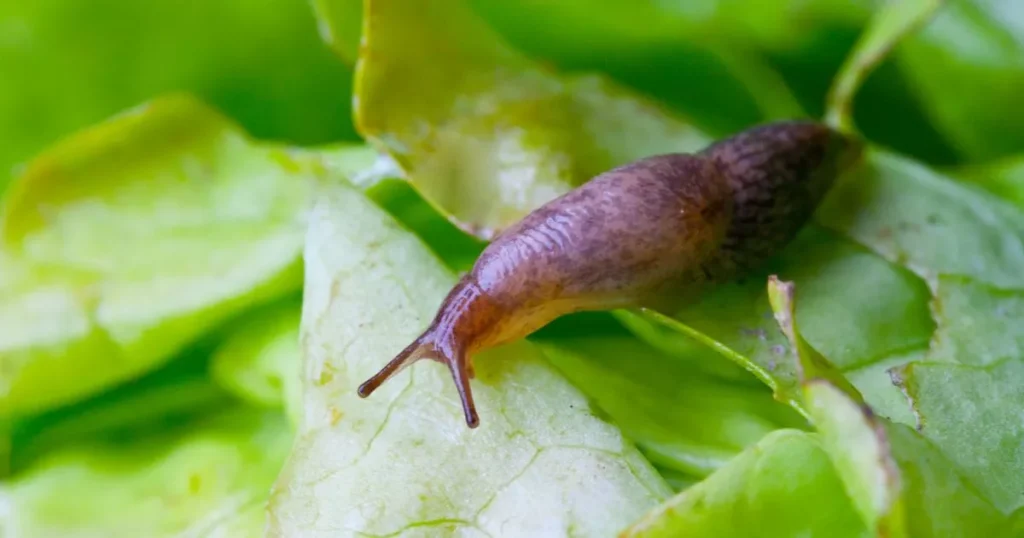Slugs and snails are notorious for feeding on plants, especially vegetables and young seedlings, in gardens. There are around 15,000 slugs in an average-sized garden, making them a common nuisance for gardeners. Some gardening enthusiasts have shared tips on how to deter these creatures. One suggestion is using wool pellets, which the slugs find unpleasant to crawl over, encouraging them to leave. Wool pellets also act as a mulch for plants, reducing moisture loss and suppressing weeds, eventually breaking down into nutrients for the soil. Other tips included using beer traps, crushed eggshells, and introducing birds or hedgehogs to help control the slug population.
Another advice from gardening enthusiasts is to feed birds, as they can help keep the slug population in check. By providing bird feed, especially during certain seasons, gardeners may see a decrease in the number of slugs feasting on their plants. Additionally, crushed eggshells can be spread around plants to deter slugs without harming them. Some gardeners also use beer traps, where a small bowl is filled halfway with beer and changed every one to two days to attract and drown the slugs. While some suggest using copper tape around plants to deter slugs, others caution against harming the natural biodiversity of the garden, emphasizing that every creature has a purpose in the ecosystem.
In an effort to combat the influx of slugs and snails in their garden, one member shared their experience of having killed over 2,000 of them in a small garden space. This led to a discussion among gardening enthusiasts on the effective methods they use to deter these pests. Wool pellets emerged as a popular choice, with users praising their effectiveness in repelling slugs and snails while providing benefits for the plants. The pellets can be spread around plants and watered to encourage them to expand, creating a barrier that the slimy creatures find unpleasant to navigate. Along with other eco-friendly methods like using eggshells or beer traps, wool pellets offer a sustainable solution to managing the slug population in gardens.
Many gardeners are familiar with the frustration of discovering their plants have been eaten by slugs and snails. In an effort to address this issue, gardening enthusiasts have taken to social media to share their cost-effective tricks for deterring these pests. By using simple methods like wool pellets, which create an uncomfortable surface for the creatures to crawl over, gardeners can protect their plants without resorting to harmful chemicals. Additionally, introducing natural predators like birds or hedgehogs can help maintain a balanced ecosystem in the garden. While some methods like beer traps may be effective in reducing the slug population, it’s important to consider the impact on the overall biodiversity of the garden and opt for non-lethal solutions whenever possible.
Overall, the key takeaway from the advice shared by gardening enthusiasts is the importance of finding a balance between managing pests like slugs and snails and maintaining a healthy garden ecosystem. By opting for environmentally-friendly methods like wool pellets and encouraging natural predators, gardeners can protect their plants without compromising the biodiversity of their garden. These practical and cost-effective solutions offer a sustainable way to deter pests and promote a thriving garden environment. Through sharing their experiences and tips, gardening enthusiasts aim to help others deal with the challenges of slug and snail infestations while fostering a harmonious relationship between plants and wildlife in their gardens.


